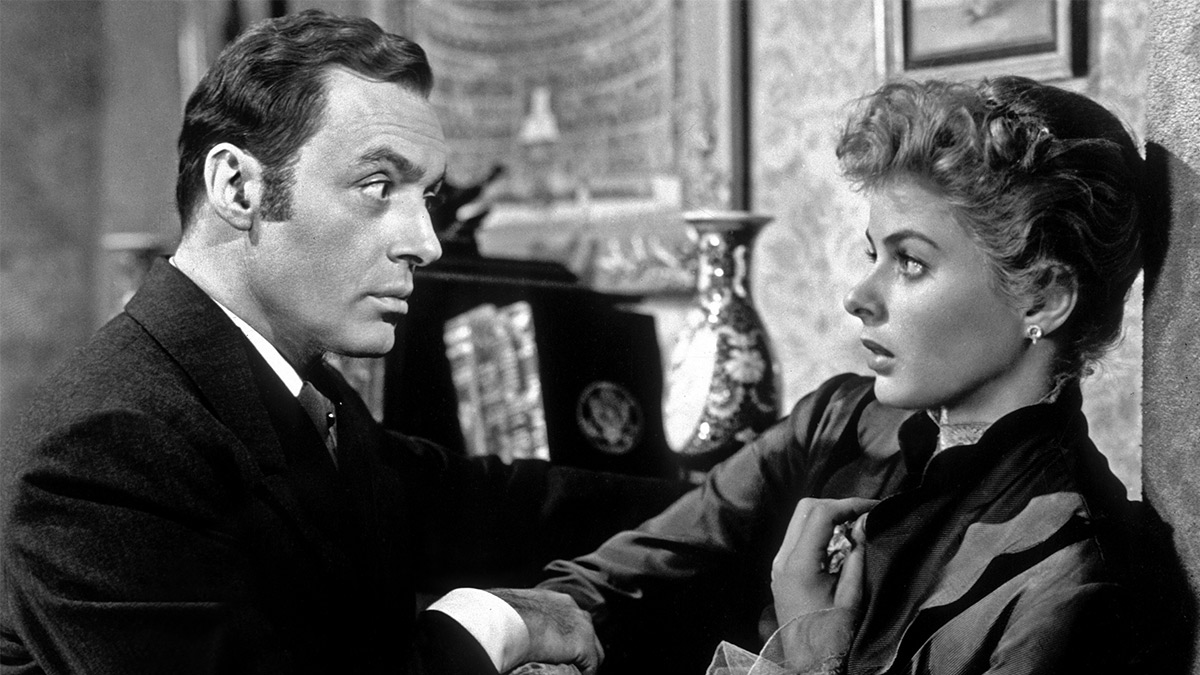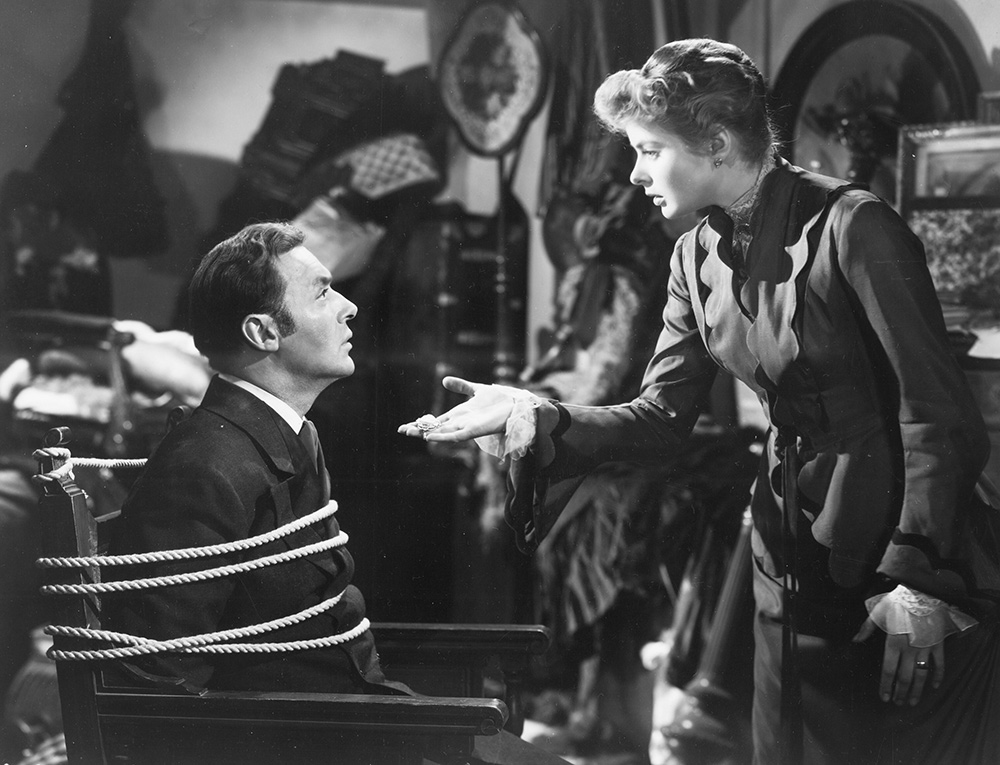
(c) Photofest / Getty Images
Why the suspense movie that gave rise to the words “Gaslight” and “gaslighting” became a masterpiece
2022.03.22
``Women's movies'' that depict women in a fair way
Stories about women (wives) who are psychologically abused by men (husbands) have been depicted in various ways in films up until now. Among them, "Gaslight" is still hailed as a masterpiece because, in an excellent mystery that solves the mystery surrounding a murder, no other work has depicted the domestic abuse that is invisible to the outsider in such an easy-to-understand and detailed manner. This film has also received solid acclaim in the feminist context. As was the case in "Rebecca" and "The Sleeping Beauty," many of the heroines who are mentally cornered are rescued and find true happiness by the arrival of the man they love. In that respect, Paula in "Gaslight" is not necessarily a weak woman who is rescued by a man.
Of course, if you look at the story alone, Paula is rescued by Inspector Cameron, who was an admirer of her murdered aunt, and the film ends with the implication that the two fall in love. However, when you actually watch the film, the presence of Cameron, played by Joseph Cotton, is too weak, and the final scene where the two gaze at each other on the balcony seems contrived.

"Gaslight" (c)Photofest / Getty Images
The true final scene is when Paula wakes up from Gregory's brainwashing. After the whole truth is revealed and Gregory is caught, she says that she wants to be left alone with her husband. What is she trying to do, even going to the trouble of driving out Cameron, her savior? As soon as they are alone, Gregory pleads with her to let him go, saying that there must still be love between them. At first, Paula has a blank look on her face. However, as they talk, her expression gradually changes. She reflects on the abuse she suffered and succeeds in expressing her anger at the abuser in her own words. She firmly declares that she no longer has any relationship or feelings for him. With this powerful speech, the film truly closes.
The reason this film remains relevant today is that it shows a woman not just cowering in fear, but also standing on her own two feet again, something only George Cukor, who always portrayed strong-willed women in romantic comedies and melodramas, could do.
[References]
Gavin Lambert and Robert Trachtenberg, " George Cukor Talks Films, " translated by Takaharu Miyamoto, 2016, Kokusho Kankokai
Ingrid Bergman, Alan Burgess, " Ingrid Bergman: My Story ", translated by Jun Nagai, 1982, Shinchosha
Text: Rie Tsukinaga
Film writer and editor. Editor of the magazine "Eiga Yokocho". He writes film reviews, columns, and interviews for Asahi Shimbun, Metropolitana, Weekly Bunshun, iD JAPAN, etc. He also edits books and movie pamphlets under the name Eiga Bar Editorial Office. Currently in charge of MC for the web program "Katsuben Cinema Club". eigasakaba.net
(c) Photofest / Getty Images

